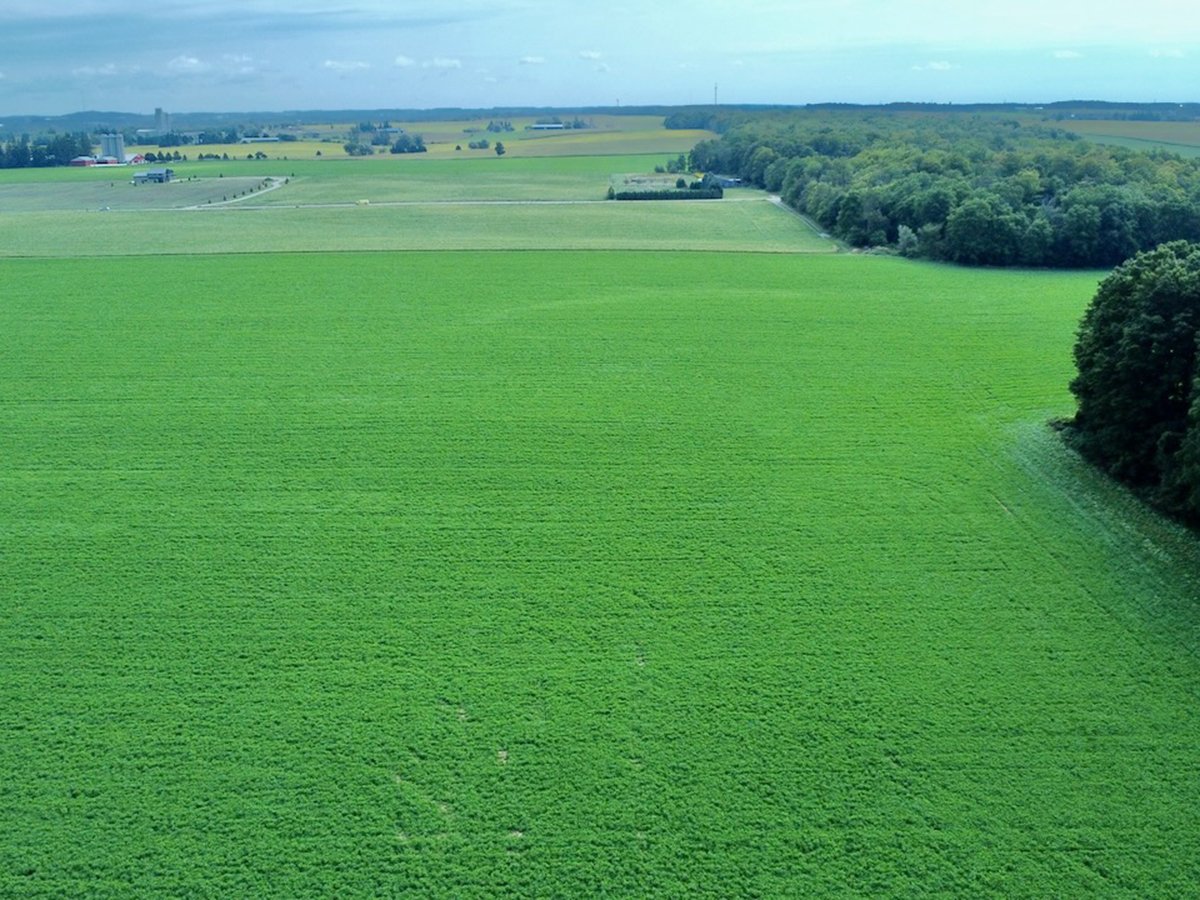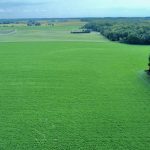Obtaining USDA accreditation is a “huge deal” for Natural Valley Farms Inc., said general manager Eric Kasko.
The slaughter plant at Neudorf, Sask., opened last fall but just received its approval last week. The company’s processing facility in Wolseley, Sask., was always approved by the U.S. Department of Agriculture.
The company had been shipping meat to the United States before the plant opened, when it was using custom slaughter facilities.
Kasko said it lost that market for more than three months after starting to use its own plant, but it can now resume U.S. business.
Read Also

Canadian Alliance for Net Zero Agri-Food launches farm resilience pilot projects
CANZA, the organization funded by some of the leading food industry companies to encourage resilient and regenerative practices on farms, announced how its programs will work on Oct. 7.
“It just opens up a market 10 times bigger.”
Accreditation from the USDA means Natural Valley can supply the U.S. and other countries that require U.S. certification.
It will even make a difference in Canada. Kasko said a couple of the company’s customers in Eastern Canada require their suppliers to have USDA certification.
He added that the certification will be more critical when the border finally opens to cattle older than 30 months of age.
Natural Valley has spent the past month working with some major American clients in anticipation of meeting USDA requirements. Kasko said the market for hormone- and antibiotic-free beef is large south of the border and can’t be supplied by American beef alone.
“We’ll use our facilities to do the value adding,” he said, referring to the higher margins that natural beef can command.
In addition to higher margins on individual animals, he said the company will put through bigger volumes at those margins.
The company received organic certification in December. It has applied for Japanese export approval and European Union certification. Kasko hopes to receive the Japanese approval within a month and the EU approval in spring.















